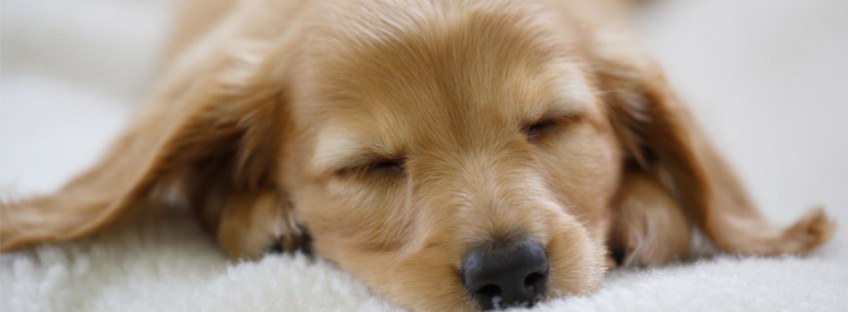Anal Gland Expression
What are anal glands?
Anal glands are two glands between 12 and 15 mm in size (hazelnut) containing a smelly substance. The anal glands are under the tail, left and right next to the anus and are surrounded by a layer of muscle. They open into the anus via a drain pipe.
What are the anal glands for?
When doing the need, a small amount of the smelly substance ends up on the stool. The dog thereby spreads its specific scent (scent flag) and thereby defines its territory. You often see a dog doing its needs in the highest possible place, for example a molehill or a large pile of leaves. The dog wants to express his dominance; he finds himself very important.
Why do anal glands need to be squeezed?
Many dog grooms make a mistake here. When a dog is not bothered by his anal glands, these no neat to treat either. If you choose to squeeze the anal glands regularly, the natural production of the fluid is stimulated and blockages or inflammations can occur. So stay off!
But just like us humans, the density of the stools can vary a lot. For example, if the stool is not thick enough, then the glands are not (enough) emptied and may become clogged or even inflamed. The dog is bothered by that. It can be itchy or painful. You can often tell by the behavior of the dog. He licks his anus or he can go "sledding" (sanding his hole over the floor). Funny to see, but very unpleasant for the dog. When you see these symptoms, the anal glands must be checked.
When do I check the anal glands?
Together with the client, I always discuss any specifics with the dog. If there is an indication that the dog is suffering, then I will investigate the condition of the anal glands.
Furthermore, it is standard for me to fully inspect the dog during washing and the rest of a trim for irregularities of the coat, skin or any parasites. If I find some stuffy glands, I will empty them if they are not inflamed. If I come to the conclusion that there is an inflammation or a recurring problem, I will refer you to a veterinarian.
Can I prevent problems with anal glands?
Yes, by choosing a high quality food. Thanks to a healthy and fiber-rich diet, the stools remain a little firmer, making it easier for the liquid from the anal glands to go outside with the stools.

